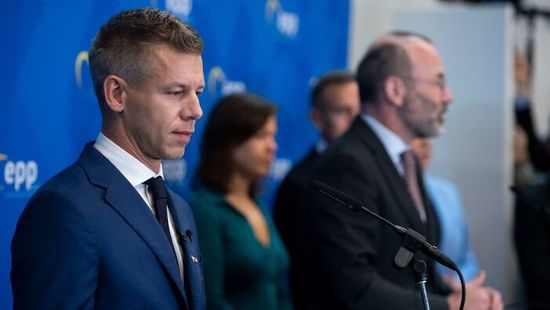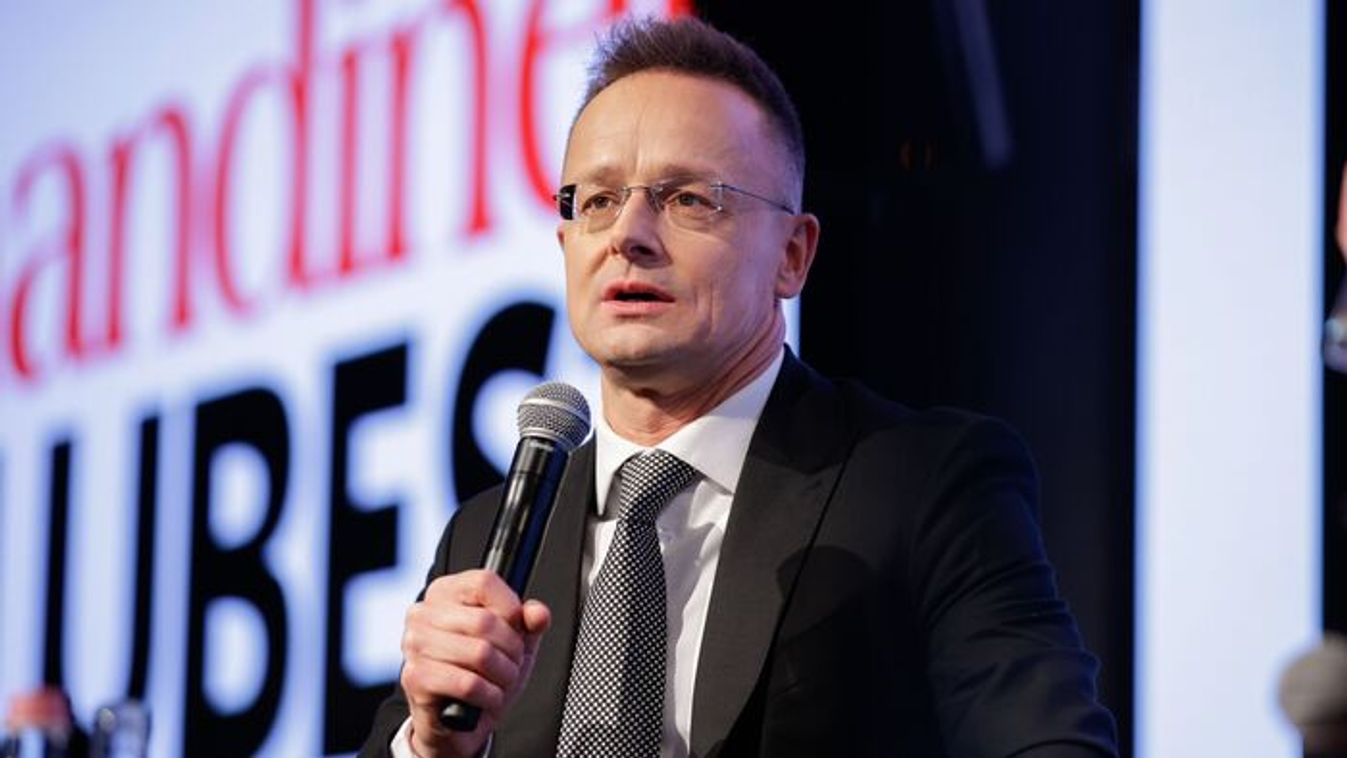Elemző: nem a Fidesz legfőbb érdeke, hogy nyilvánosságra kerüljön Magyar Péter legsötétebb titka

Az sem maradt sokáig rejtély, miért „ijedhettek meg egy ágy képétől” a baloldalon.

The existing stereotypes about passive, home-bound, religious Muslim women will certainly undergo a fundamental transformation now.
Written by Andrea Pető (CEU, Professor)

In the heat of the summer as a volunteer, I was selecting among the many received donations at the Migration Aid’s Arany János street storage facility. CEU’s instructors, doctoral students, departmental administrators, as well as passers-by from the street, hauled, organized and packed the clothing, socks, and underwear, together with more experienced volunteers.
The apparent chaos was well organized though, and head-scarfed women who'd converted to Islam for their husbands played a significant role in the process. They put down in a notebook which donation went where and in the meantime maintained phone connection with the others. While we sorted through the clothing a man came to the table and started to pick out black lace lingerie from among the donations, saying, “Refugees have no need for these!” (Really, who in their right mind considered that they should donate black lace lingerie?! Although there were some pink plastic wigs and purple feather boas among the donations as well, which were later well-used during activities for kids.) One of the headscarf wearing Hungarian Muslim wives did not agree, and put the black lace lingerie back among the pile of clothes to be distributed, saying “There are youth among the refugees, they will appreciate it!”
With this short story I’d like to draw attention to a territory that comments haven’t tackled thus far: the gendered reading of the refugees’ situation. I don’t think we can fathom the depth of drama and desperation that prompts minor children without adult accompaniment, pregnant women, or even mothers with multiple children on this long and perilous journey. It is certain though, that the existing stereotypes about passive, home-bound religious Muslim women will certainly undergo a fundamental transformation now.
States of exception, such as wars or natural catastrophes always represented a possibility for women. In the roles of helpers and caretakers women could leave the confines of the home, and their work became a social value that they could perform in the public space, gaining great social appreciation. This maternalism could be seen as retrograde traditionalism which exploits women’s unpaid labor; or as a possibility for self-development and thus for transformation.
What is often mentioned as the key issue concerning the refugees’ integration is “different religion and culture” which can assumedly lead to the establishment of “parallel societies,” although the receiving society itself also undergoes transformations. Hungarian women who've married into Muslim families in Hungary further complicate the versatility of Muslim religiousness.
This also means that Europe, which pioneers the legal protection of women’s rights world-wide, faces a challenge because, concerning women’s societal roles, an alternative discourse will arrive into Europe, one through which religion may become part of the fundamentally secular, policy-oriented, human rights discourse. Islamic feminism fights just as heroically in battles against fundamental interpretations of the religion as, say, Catholic feminism does.
It is yet to be seen whether in the future there will be a dialogue about the ways various feminisms co-exist, supporting each other for the sake of women. The debates will entail not only who has the right to decide who can wear black lace lingerie; but also about such basic issues as women’s right to work, reproductive rights or violence against women. And this debate will deeply influence our common future.
(Translated by Petra Bakos Jarrett)